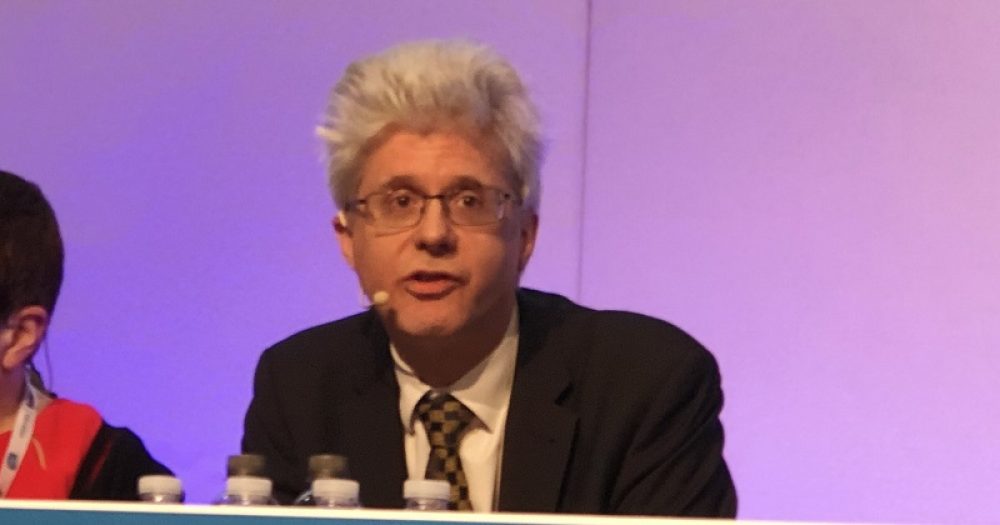The government is “actively looking” at reforming the £10,000 place funding special schools receive for each child, which hasn’t risen once since being introduced 10 years ago.
Tom Goldman, deputy director at the Department for Education funding policy unit, told the National Network of Special Schools conference today that funding should “probably” change over time.
Special schools receive £10,000 for each commissioned place and then top-up funding from their council, based on the child’s needs.
Special school business leaders told Goldman and David Withey, chief executive at the Education and Skills Funding Agency, their budgets were stretched or in deficit.
On the logic behind place funding, Goldman said it was thought to give “a position of certainty” compared to “variable and volatile” top-up funding.
But he said the failure to increase the £10,000 with inflation has “shifted the balance away from the certainty” for budgets.
“Should the £10,000 change over time? Probably,” he said.
While he said increasing it might create “further complexities” around how top-up funding is set, he added: “It does create the very odd situation of £10,000 having been chosen back in 2013 and not changing, so that is something we are actively looking at the moment.”
DfE has said before that the £10,000 funding is “not intended to reflect schools’ cost increases”, which instead should fall to increased top-up rates.
But analysis by Special Needs Jungle revealed top-up funding levels had remained stagnant in a third of councils between 2018 and last year.
‘Aim is to avoid’ bankruptcy
They estimated the static £10,000 funding means schools have faced an estimated real-terms cut of £1.3 billion.
Goldman said some had proposed to the DfE the “more radical step” of removing place funding, and instead use the national funding formula “and you build on that obviously because that’s not going to be adequate for these children”.
“That is something again we will think about going forward, we need to think about that in the context of the wider SEND policy reforms.
“I don’t want to design a funding system which might be a better fit for today and introduce it at a time when it’s not a better fit for the system that’s actually coming into place.”
The DfE plans to introduce a national approach to delivering funding bands and tariffs for more “consistent funding” across the country after 2025 as part of its SEND and alternative provision improvement plan.
Several councils have issued section 114 notices – declaring effective bankruptcy – in recent years. Goldman said while none of these relate to high needs deficits now, “there could be and our aim obviously is to avoid that happening.”
Thirty-eight councils current have safety valve deals with government, where they agreed sweeping reforms in exchange for bailouts.



Your thoughts